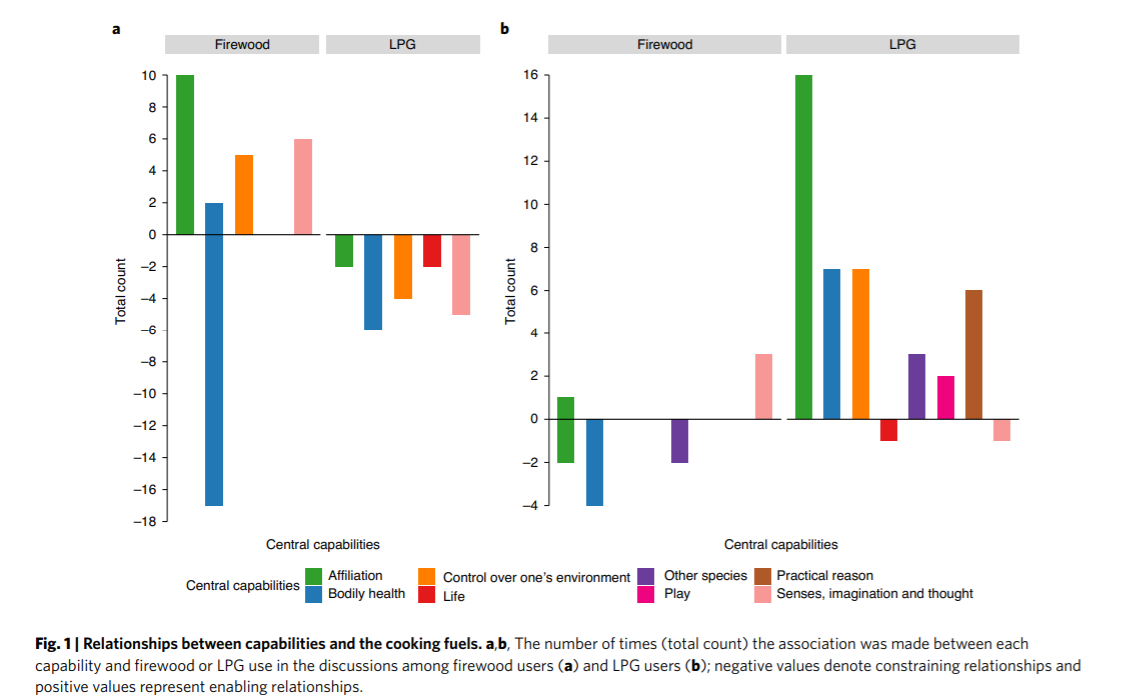That leave families cutting and burning wood or dried dung for fuel, both of which are far worse for the environment than coal.
Yet there are other obstacles that even prevent people from even switching to local Liquefied Petroleum Gas (LPG) - a belief that local firewood increases "wellbeing" for their families.
It may not seem like tradition and history would matter, but they do - and families that engage in burning wood say collecting the fuel gives them an opportunity to socialize, and is a tradition they would like to continue. They view LPG as a financial burden and claim it gives food an undesirable taste. They feared a fatal canister explosion. All of those things have counterpoints in western environmentalism, who oppose natural gas and nuclear using talk of the old ways and similar feelings of dread.
The authors of a recent paper on the wellbeing of burning firewood for fuel used focus group discussions with women in four villages in the Chittoor district of Andhra Pradesh. Two villages mostly used firewood while the other two comprised of mostly LPG users who had switched from using firewood. Cooks using firewood know it causes health problems, so deficit thinking by elites won't help, but feel that it contributes more to wellbeing than cooking with LPG would - although LPG users who previously cooked with firewood claim their new fuel has improved wellbeing.

LPG users told researchers that their fuel allowed them to maintain or improve social status, as well as making it easier to care for children and other family members. Cooking with LPG freed up time which they could use to work outside the home and earn money. They also enjoyed extra leisure time with their family.
The authors suggest that future interventions to promote new fuels should actively involve women who used solid fuels and clean fuels - opening discussion about the benefits of each and allowing cooks to observe different cooking practices. Interaction programs could inform firewood users about the positive wellbeing outcomes of LPG, address concerns, and promote learning from each other.
They identify three key lessons that may be important for policy makers to consider:
Users feel that both fuels support at least some key dimensions of wellbeing
Understanding this helps to explain why people may not be persuaded to switch to cleaner fuels based only on seemingly obvious health benefits.
Women's views on cooking fuels and wellbeing change after switching fuels.
LPG and firewood users share some views, such as food tastes better cooked on firewood, but LPG users see more advantages in LPG than non-users.
Wellbeing benefits of LPG use were based on time saved over using firewood





Comments